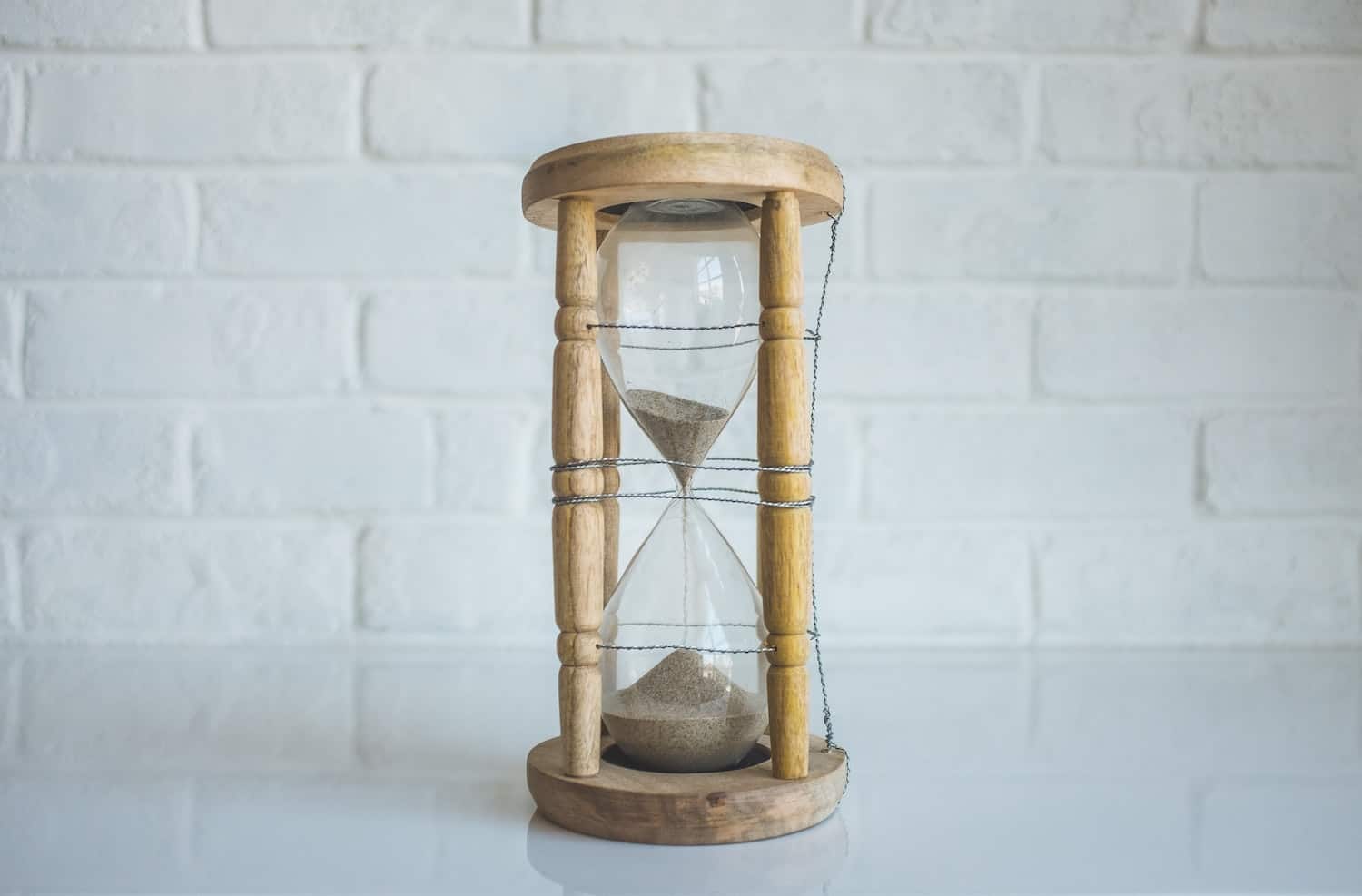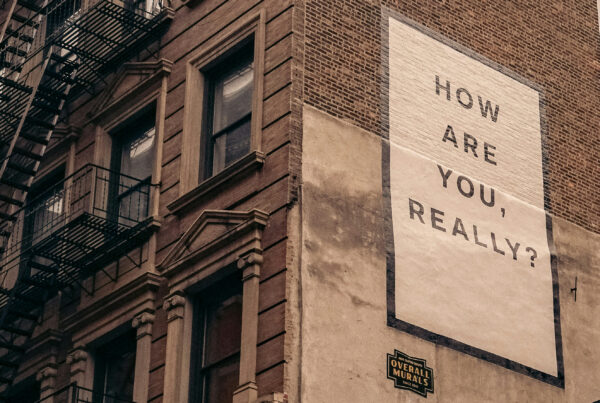Last week, my daughter brought home a book from preschool. It was a scrapbook filled with photos of her classmates, and every day I told her, “We’ll read it later.”
Finally, yesterday, with a thousand things vying for my attention, I said, “Okay, fine, let’s read this book.” I turned to the first page and read aloud, “This is a special book about our class. It will go home with a different family each night. Please read it and return it to school the next day.”
Oh, the dismay.
Every now and then, there’s a moment when I realize I’m doing too much. I forget to pick up a child from school. (That also happened this week.) I miss three calls from the nurse telling me that another child has taken a fall and needs to see a dentist. (Also, this week.) I realize my preschooler’s teachers have discovered I never read to my kids…
It’s in these moments that I pause and ask, what needs to change? Surely, God doesn’t intend for me to race around creation like a crazy woman always five steps behind, right? I have a Puritan prayer book, called The Valley of Vision, and last night I read a line that made tears spring to my eyes. It said, “O what a death it is to strive and labor, to be always in a hurry and yet do nothing!”
When I think about spiritual disciplines, my fleshly instinct is to make excuses. To explain all the reasons I don’t have time to spend more than a cursory ten minutes in God’s Word. To justify a shallow prayer life by saying, “I pray all throughout the day.”
What powerful peace dwells within the recognition that we are completing the work God has given us. Not the work we’ve given ourselves, or the work someone else has placed upon our shoulders.
But the truth is, we’re always disciplined about the things we value. In fact, we might say our disciplines reveal our values. No one in my family ever suggests I clean more. I’m disciplined about tidiness because I deeply value it. If anything, they wish I would stop cleaning and buy groceries. I don’t care about groceries. If they sold pills to replace all food, I’d buy them in bulk at Costco and never go to the grocery store again. It is, unequivocally, my least favorite place on earth.
Other people value health and fitness – they hone their bodies with extraordinary discipline. Or they value personal glory. They are singularly disciplined for the advancement of their career to the exclusion of everything else. Our disciplines reveal our values.
Think about the daily disciplines in your life – from the really big things that shape your day, down to the eye cream you apply religiously each night. These disciplines are a window into your heart. What is it whispering?
I’m hungry for significance.
I’m afraid my kids will not be okay.
I long for peace and order.
I’m terrified of the things I can’t control.
I’m lonely.
I don’t know who I am anymore.
“O what a death it is to strive and labor, to be always in a hurry and yet do nothing!” Don’t those words resonate in some distant, uncomfortable corner of your soul? They resonate in mine. Some days I run so hard and fast, and when I sink into bed, I wonder if I ran the wrong race entirely – chose all the wrong things.
Years ago, Charles E. Hummel wrote a tiny booklet called Tyranny of the Urgent. In it, he talks about how we allow urgent things (that have to be done right now!) to crowd out the important things. He writes:
“Hard work doesn’t hurt us. We all know what it is to go full speed for long hours, totally involved in an important task. The resulting weariness is matched by a sense of achievement and joy. Not hard work, but doubt and misgiving produce anxiety as we review a month or a year and become oppressed by the pile of unfinished tasks. We sense uneasily our failure to do what was really important.”
Hummel points to Jesus, whose earthly ministry only lasted for three short years, leaving endless work undone. For every person He healed, thousands were left suffering. Hummel writes, “Yet on that last night, with many urgent human needs unmet and useful tasks undone, the Lord had peace. He knew that He had completed the work God had given Him.”
What powerful peace dwells within the recognition that we are completing the work God has given us. Not the work we’ve given ourselves, or the work someone else has placed upon our shoulders, but the work He has chosen.
Oh, to be disciplined in that work! To be attuned to the Spirit’s still small voice, so that we value the things God values. For if we value godliness, Peter writes, it will keep us “from being useless or unfruitful in the knowledge of our Lord Jesus Christ” (2 Peter 1:8).
What do you value, and how is it shaping the disciplines of your day?






What do I value? My to do list. The satisfaction of crossing off a task to feel like I am doing something in my life that is meaningful and valued. Because wiping butts all day and breaking up countless fights between 5 boys feels like there is no value for the kingdom. Such lies we believe.
Thank you friend for your words of encouragement! May we press on with our eyes on Jesus!